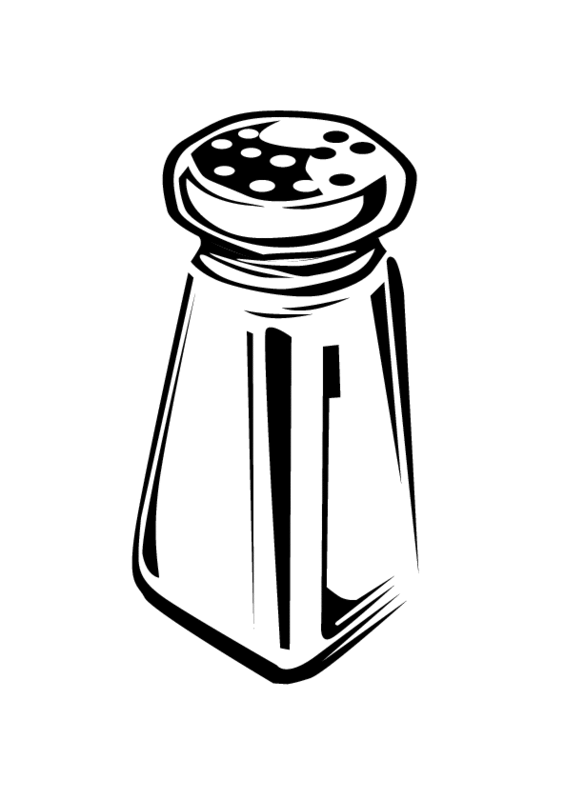SALT WATER MOUTH RINSING
Salt water mouth rinsing is useful for several good reasons. It’s a great option for anyone with a sore throat, lesions on their gums, or who may have recently underwent dental procedures. Salt water mouth rinsing doesn’t act as a stand-in for our modern dental hygiene, but it can be an additional supportive measure for adults and kids.
Medicinal Use in the History of Salt:
The use of salt for healthcare reasons has a long history- dating all the way back to some of the oldest medical scripts to still exist. Ancient Egyptian papyruses from 1600 B.C. include recipes for a range of medicinal treatments using salt as particularly an anti-infective. Ancient Greeks used it for similar purposes, and realized over two thousand years ago that it had anti-inflammatory effects.
How Salt minimizes Dental and Oral Bacteria:
Salt temporarily increases the pH balance of your mouth, creating an alkaline environment. In this environment, some bacteria in the dental plaque struggle to survive. Because they generally prefer an acidic environment, using the rinse often enough will make it difficult for bacteria to breed at all. In some cases, this can minimize the symptoms of gum disease.
Saltwater’s Healing Properties:
The use of salt promotes healing, so it’s ideal to use it 24 hours following a minor dental surgery to help your mouth recover. It’s what’s called an isotonic solution, meaning it contains the same salts and minerals that our bodies do, in equal concentrations. That’s why it won’t irritate the mucous membranes like a medicinal mouthwash can. Many dentists recommend a saltwater mouth rinse as a gentle healing aid after a procedure for this reason!
How to Make A Saltwater Mouth Rinse:
It’s so easy to make a personal saltwater mouth rinse! Add half a teaspoon of salt to one cup of warm water. Rinse your mouth every two to three hours for the first few days. Then use it only three to four times a day. You can use the rinse to:
- Soothe and heal mouth sores and lesions
- Help heal a sore throat caused by strep, tonsillitis, or even a cold
- Provide emergency dental hygiene incase you don’t have your regular mouthwash or toothpaste with you.
This Website contains general information relating to dental and oral health. This information is not intended to provide medical advice. You should always consult a physician or other qualified health professional for medical advice and treatment.


